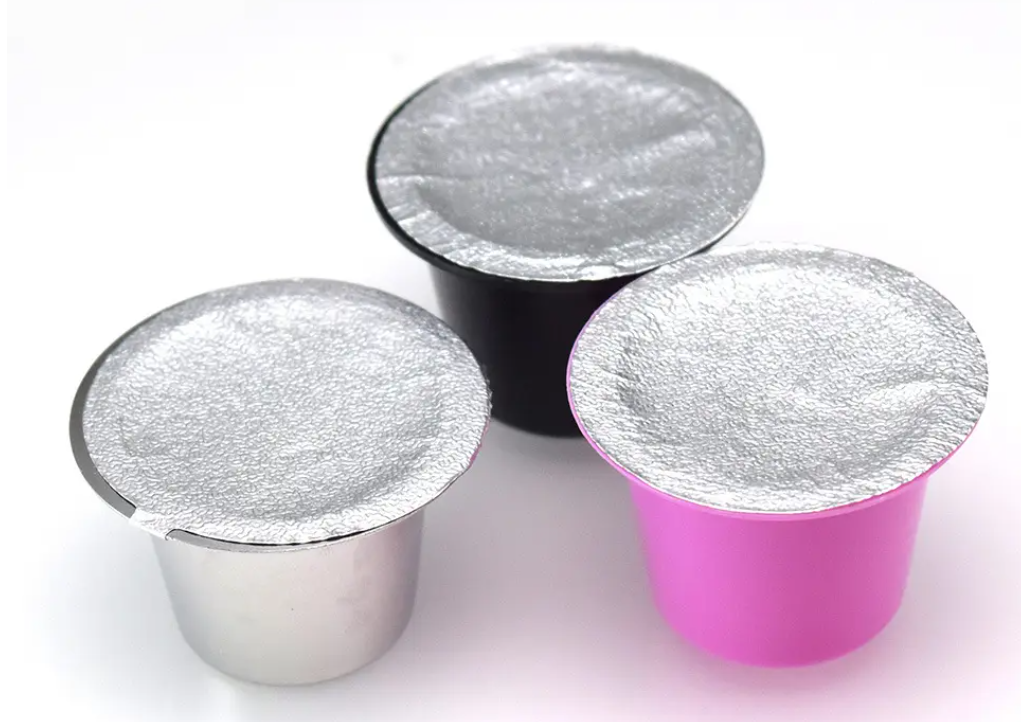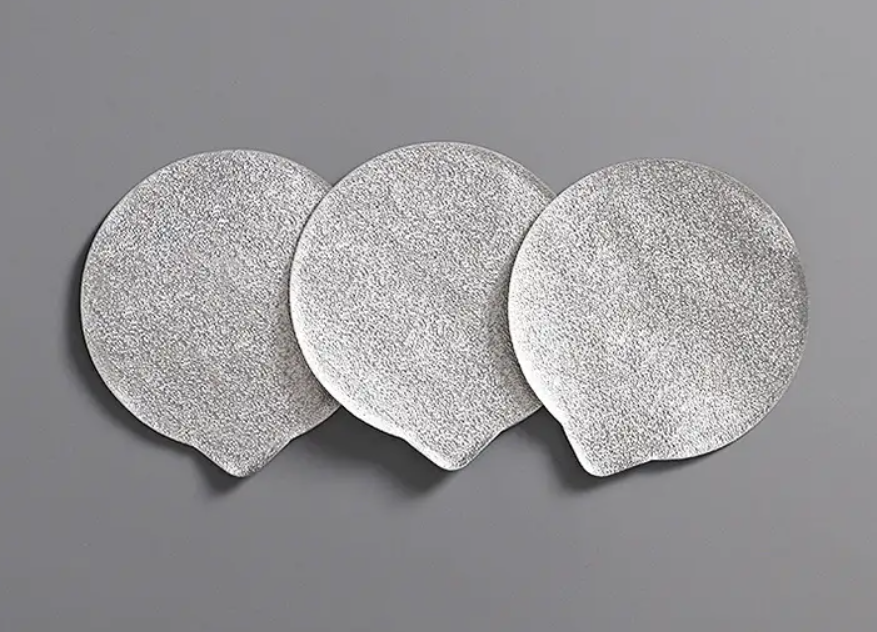Aluminum foil lids are widely used in various industries, especially in food and beverage packaging. They provide an effective barrier against moisture, light, and oxygen, ensuring the freshness and safety of the products they cover. The classification of aluminum foil lids can be based on several factors including material, coating, usage, and sealing method. This article delves into the different types of aluminum foil lids, highlighting their unique features and applications.
Based on Material Composition
Pure Aluminum Foil Lids: These lids are made from 100% aluminum and are known for their excellent barrier properties and resistance to heat. They are commonly used in dairy products, coffee capsules, and other perishable items.
Laminated Aluminum Foil Lids: These are composite materials, typically consisting of layers of aluminum and other materials such as plastic or paper. The lamination enhances the lid’s strength and sealing properties. They are used for a wider range of products, including snacks, sauces, and ready-to-eat meals.

Based on Coating Type
Uncoated Aluminum Foil Lids: These are plain aluminum lids without any additional coatings. They are suitable for products that do not require high levels of protection from external factors.
Coated Aluminum Foil Lids: These lids have a layer of coating, such as heat-sealable lacquer, that enhances their sealing properties. The coating also provides additional protection against moisture and oxygen. Coated lids are ideal for products like yogurt, pudding, and desserts.
Based on Usage
Food and Beverage Packaging: Aluminum foil lids are extensively used in the food and beverage industry. They are used to seal containers of yogurt, milk, juices, sauces, and more. These lids ensure the product remains fresh and uncontaminated.
Pharmaceutical Packaging: In the pharmaceutical industry, aluminum foil lids are used to seal blister packs and other medicinal containers. They provide a sterile barrier, protecting the medication from environmental factors.
Cosmetic Packaging: Aluminum foil lids are also used in the cosmetic industry to seal jars and containers of creams, lotions, and other beauty products. They help maintain the integrity of the product and prevent contamination.
Based on Sealing Method
Heat-Sealable Lids: These lids are designed to be sealed onto containers using heat. The heat-activated coating on the lid ensures a strong and secure seal, making them suitable for products that need to be tamper-evident.
Pressure-Sensitive Lids: These lids do not require heat to seal. They adhere to the container with light pressure. They are often used for products that are consumed quickly or do not require long-term storage.
Peelable Lids: These are designed for easy removal without tearing or leaving residue. They are commonly used in single-serving food products where convenience is key.

Based on Shape and Size
Die-Cut Lids: These are pre-cut to fit specific container shapes and sizes. They are widely used in the dairy industry for products like yogurt cups and pudding containers.
Roll-Fed Lids: These come in large rolls and are cut and sealed in the packaging line. They are used in high-volume production environments, providing flexibility in lid size and shape.
Conclusión
The classification of aluminum foil lids reveals a wide array of types tailored to meet the specific needs of various industries. Whether it’s ensuring the freshness of dairy products, maintaining the sterility of pharmaceuticals, or enhancing the convenience of ready-to-eat meals, aluminum foil lids play a crucial role in modern packaging. Understanding the different types and their applications can help manufacturers choose the right lid for their products, ensuring quality, safety, and customer satisfaction.


